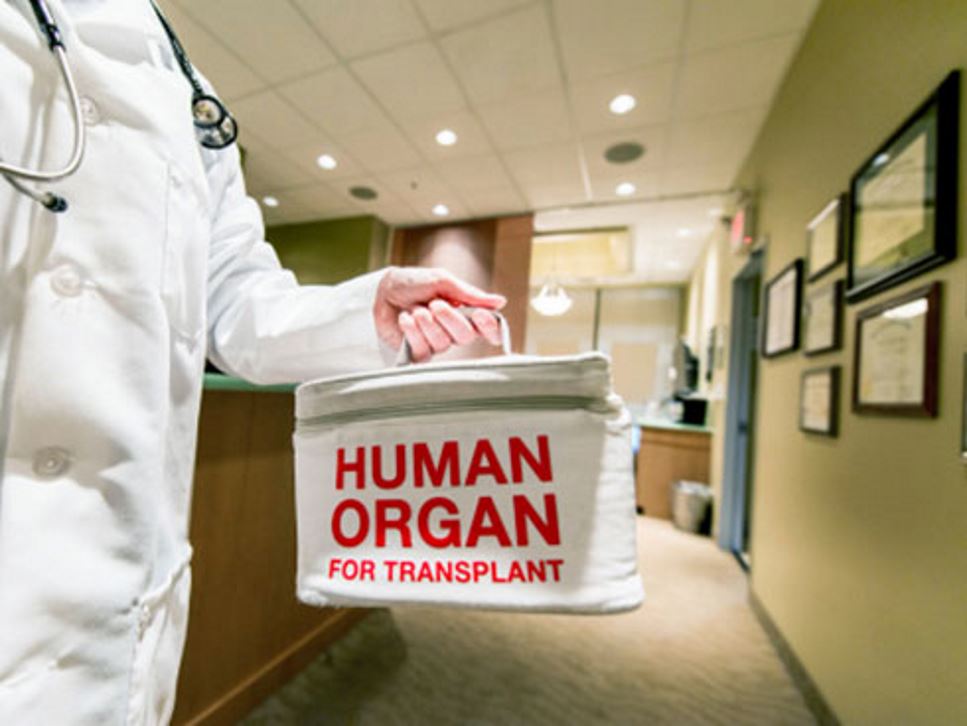Student Member Price: $10.00
Living organ donation is an underutilized option with tremendous impact for the organ shortage. Southern California has one of the highest pre-transplant mortality rates for liver recipients and the longest waiting times for kidney recipients. However, living donor transplants only make up less than 20% of total transplants for liver and kidney recipients. Living donation is an important solution to the organ shortage. In the last several decades, an unhealthy diet and sedentary lifestyle have led to an increase in overweight and obese people.
Obesity rates continue to rise, increasing the risks for hypertension, type 2 diabetes, and non-alcoholic fatty liver disease, while creating barriers to the donation. The future risk of donors developing chronic disease is a challenge. This presentation will provide an overview of the importance of living organ donation, a living donor medical evaluation and the implications of obesity, metabolic syndrome and non-alcoholic fatty liver disease in the donation process. Key points on the need for a donor wellness program will be discussed to maximize healthy donors and reduce barriers to donation. As part of a living donor wellness pilot program, case studies on donors will be reviewed.
CPE Level: Level 2 (intermediate knowledge/experience)
CPEU: 1.0
Performance Indicators
- 12.1.3 Collaborates with community partners and stakeholders in promoting health and disease prevention
- 10.3.4 Selects interventions intended to resolve or improve nutrition diagnoses.
- 8.2.4 Integrates new knowledge of disease states and clinical conditions into practice.
Learning Objectives
- Describe the organ shortage, the option of living donation and the challenges in living donation related to an unhealthy lifestyle.
- Define the implications of obesity and the health risk factors limiting living donation.
- Demonstrate how nutrition intervention and promoting health with a wellness program can improve candidacy for living donors.
Speakers

